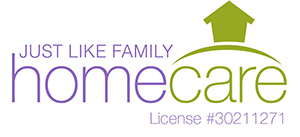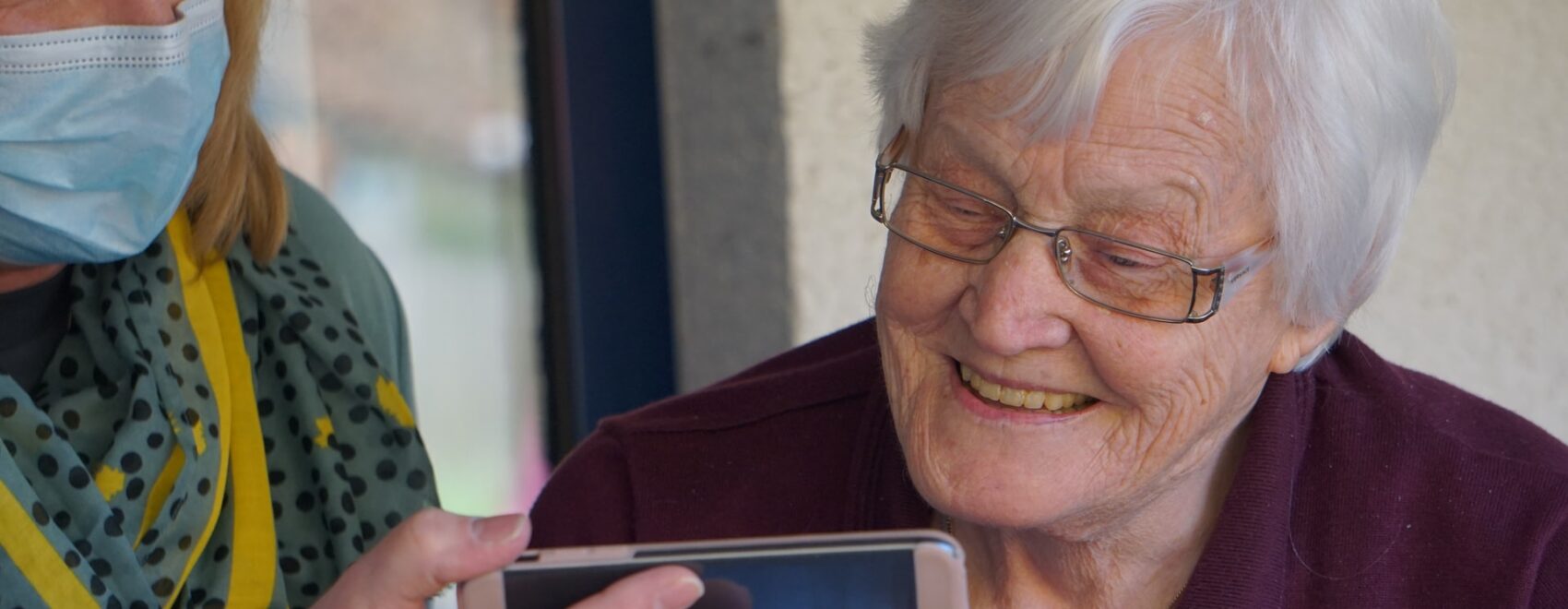Finding the right level of care for your or a loved one is important as you age. There are a variety of options available, but which kind of home health aid is right for you?
Some people choose to get the help of a licensed practical nurse. Others choose to go down the home health aide route. Some may even prefer a mix of both! The key to choosing is to understand the different kinds of help these professionals provide and your needs.
Whether you’re looking for someone to supplement your family-given care or manage things completely, you’ve come to the right place. We’re going to break down the different kinds of home health aide options you have so you can figure out the best one for your unique needs.
Home Health Aides
Home health aides (HHAs) can be viewed as people that can assist with a variety of daily tasks. They focus on personal care and typically come to the patient’s home to assist them.
HHAs can help with hygienic tasks like grooming, bathing, dressing, and assistance with using the bathroom. They can also focus on other important household tasks like preparing meals, light housekeeping, running errands, and even transportation.
While it’s important to note that HHAs do receive training before they work, they do have limited medical training. The HHA you choose will be unable to provide medical assistance or nursing care, and should not be giving medical advice. However, they can monitor their client’s condition and do wellness-related work like reminding patients to take their medication or taking them to doctor’s appointments.
Certified Nursing Assistants
You can view certified nurse assistants (CNAs) as a tier above HHAs. They’re able to do many of the same tasks, but have a level of medical training and help that HHAs lack.
You can find CNAs in a variety of work settings outside of the home. They work in nursing homes, rehabilitation centers, hospitals, and other places that need skilled medical assistance.
The CNA you work with can handle many direct care tasks like grooming and hygiene, bathroom usage, and medication monitoring. What truly sets CNAs apart from HHAs is their training and supervision.
CNAs don’t just receive additional medical training, they also work under the supervision of a licensed medical professional. This can be a registered nurse (RN), licensed practical nurse (LPN), or a licensed vocational nurse (LVA).
That level of supervision allows CNAs to monitor the health of their patients in a way that HHAs are unable to. They’re able to track symptoms, take vitals, and can relay any health concerns their client may have to their supervising nurse.
Licensed Practical Nurse
Licensed practical nurses (LPNs) can provide basic medical care. Although they are capable of managing care-taking tasks like dressing and bathing, they’re much more focused on the medical side of caretaking. They’ll follow a treatment plan from an RN or doctor to ensure they’re giving their patients the best level of care
If you hire an LPN, they’ll be able to do important tasks like checking blood pressure, inserting catheters, and discussing care with patients. If more serious matters arise, they’ll report problems to doctors or registered nurses if more help/care is required.
You can find plenty of LPNs at hospitals, nursing homes, and other care facilities along with being able to use them at home. LPNs go through rigorous training and need to pass the National Council Licensure Examination (NCLEX-PN) in order to practice.
Learn more here.
Registered Nurse
A registered nurse (known as a RN) is the highest level of nursing care one can receive. RNs have passed the National Council Licensure Examination (NCLEX-RN) and are able to give a higher level of medical care than LPNs.
RNs are the nurses that can truly do it all. They’re able to coordinate plans for patient care, administer medications and treatments, and can even perform important diagnostic tests and analyze results.
Learn more here.
Which Professional Is Best For Me?
As you can see, there is a difference between home health aides, certified nursing assistants, licensed practical nurses, and registered nurses. Now that you know the differences between the titles, let’s dive into how you can find the right one for your needs.
Most of these decisions will heavily depend on the level of care you think will be needed. People that only need a little help taking care of themselves and around the house may want an HHA or CNA, others that require more rigorous medical care can benefit from LPN or RN assistance.
Take a moment to think about current medical needs. If you or your loved one have conditions that are easily managed with medication, an LPN or RN may not be what you need. Since they deal with more of the medical aspects of care, you could be better off with an HHA or CNA to help with daily tasks.
It’s also important to think about the level of help you already have from family and friends. If you’re currently lacking care of any kind it’s possible to have the help of two professionals. You may consider having daily help from an HHA and may check in with an LPN or RN once a week or so.
If you’re concerned about the financial aspect of care, be sure to talk to your insurance provider about coverage options.
Find Home Health Aides And More
Figuring out care options can be difficult even when you’re informed. If you need help finding the right level of care for yourself or a loved one, we’re here to help you get what you need.
Whether you need home health aides or more advanced medical care, we’re experts at helping people find the professionals they need to live their best life.
Do you have questions or want to learn more about our referral services? Reach out to us today so we can get you or your loved one the home help they need.

